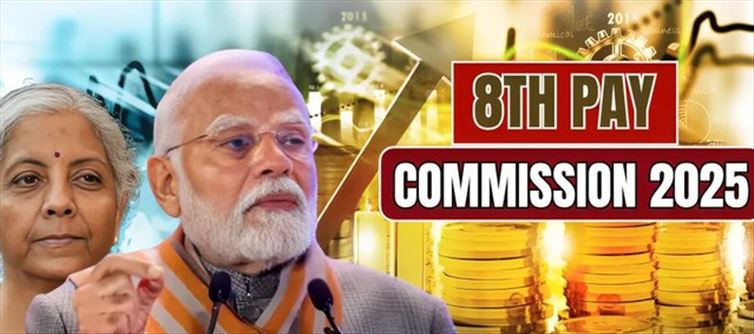
Agniveer in government Jobs: A Stark Double Standard
The introduction of the Agniveer recruitment model for the indian Armed Forces was hailed as a revolutionary step towards efficiency and cost-cutting. Soldiers, the backbone of national defense, are now employed on short-term contracts, with only a fraction being absorbed into permanent positions. Yet, when it comes to government jobs, this principle of short-term engagement and accountability is conveniently ignored.
This glaring double standard raises serious questions about fairness, efficiency, and the priorities of policymakers.
1. Why Soldiers, But Not Bureaucrats?
The Agniveer scheme expects young men and women to dedicate their prime years to national service, only to be let go after four years without the benefits of job security or pensions. At the same time, government employees across departments enjoy lifetime employment, steady increments, and pension benefits—regardless of performance.
This stark contrast is not just unjust; it is also deeply demoralizing. If contractual employment is acceptable for soldiers risking their lives on the frontlines, why is it not implemented for bureaucrats sitting in air-conditioned offices?
2. The Burden of Pay Commissions
Pay commissions, designed to revise the salaries of government employees, have become a financial albatross. While private-sector employees face stagnant wages and layoffs during economic downturns, government staff receive regular hikes, allowances, and perks—often at the expense of taxpayers.
The absence of a performance-based system means inefficiency thrives, with no mechanism to reward merit or penalize incompetence. This creates a bloated and unsustainable system, pushing the economy toward inflation while offering no tangible benefits to the citizens funding it.
3. Unfair to the Private Sector
The Agniveer model and the treatment of contract-based teachers highlight a growing trend: the government’s willingness to push job insecurity onto essential sectors while safeguarding its bureaucratic machinery. Private companies are expected to compete in a global market, adopt lean operations, and pay taxes to fund the luxuries of a bloated government workforce.
This imbalance stifles competition and innovation, as the private sector struggles to match the inflated benefits of public employment. The result? A talent drain from industries that actually contribute to economic growth.




 click and follow Indiaherald WhatsApp channel
click and follow Indiaherald WhatsApp channel